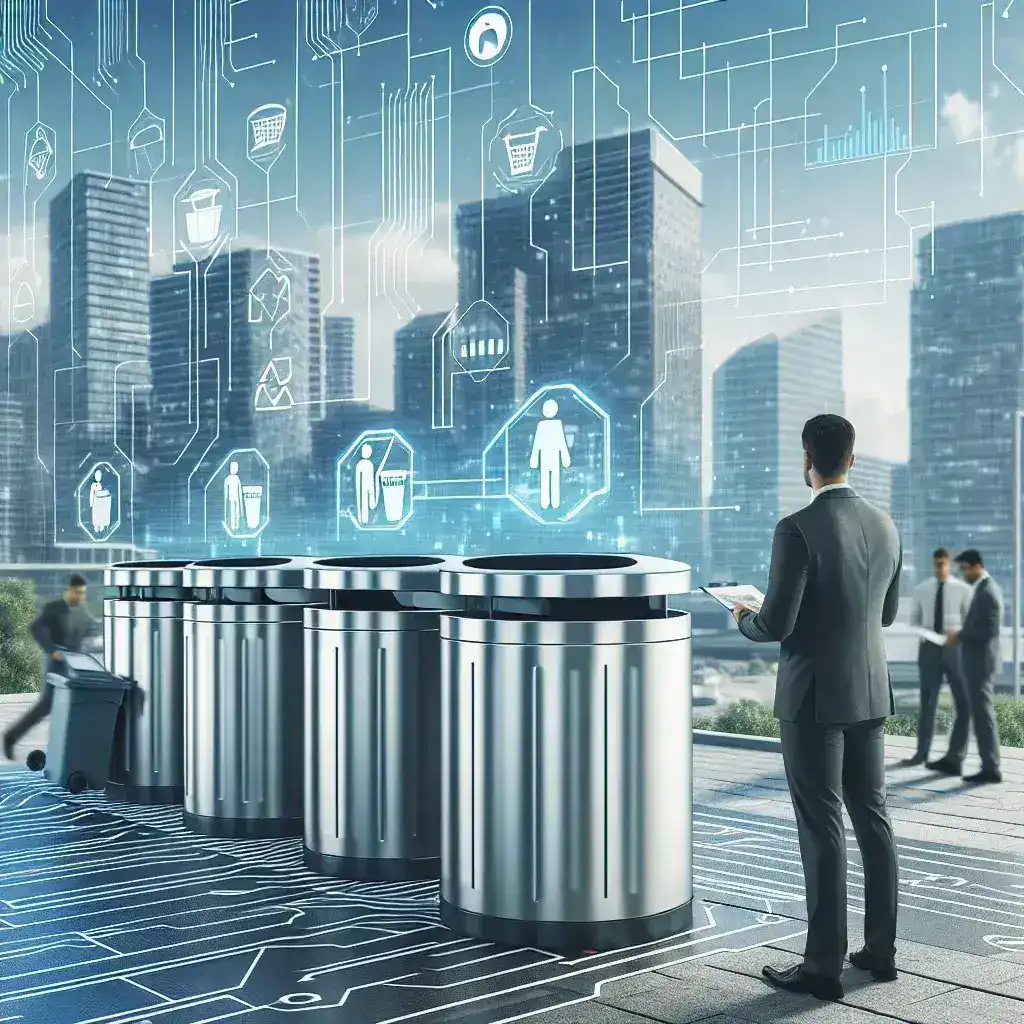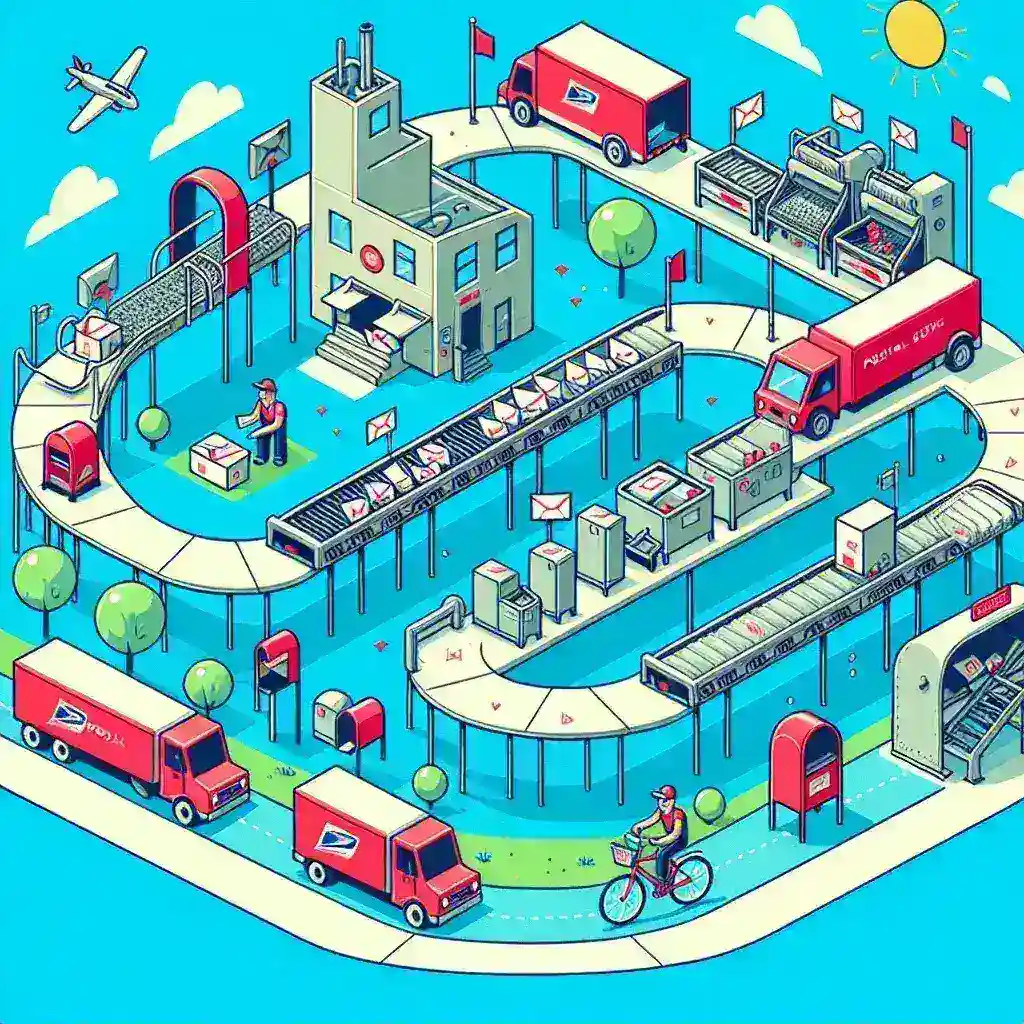Introduction
As urban areas continue to grow, the challenges associated with waste management become increasingly complex. Local governments are now turning to technology for solutions, and one of the most promising advancements involves the implementation of smart trash cans. By utilizing sensors to track fill levels, these innovative receptacles are designed to optimize waste collection schedules, reduce operational costs, and promote sustainability. This article delves into how local governments are piloting smart trash cans, the benefits of this initiative, and its implications for the future of waste management.
The Rise of Smart Trash Cans
Smart trash cans are part of a broader trend towards smart city technologies, which leverage the Internet of Things (IoT) to improve urban living. These cans are equipped with sensors that monitor the fill levels of waste and recycling bins in real-time, sending data to waste management systems. This allows local authorities to make informed decisions about when and where to empty trash cans, ultimately leading to more efficient service delivery.
Historical Context
The concept of smart waste management is not entirely new. The integration of technology into municipal services has been a focus for many urban planners and local governments over the last decade. However, the COVID-19 pandemic accelerated the need for improved sanitation and operational efficiency, prompting many municipalities to explore innovative solutions such as smart trash cans.
How Smart Trash Cans Operate
These advanced waste bins utilize a variety of technologies:
- Sensors: Using ultrasonic sensors, smart trash cans measure the distance from the top of the bin to the waste, determining how full it is.
- Wireless Communication: The data collected by the sensors is transmitted via cellular networks or Wi-Fi to a centralized management system.
- Data Analysis: Waste management teams can analyze this data to optimize collection routes and schedules based on actual need rather than estimates.
Case Studies: Successful Implementations
Several cities have already begun piloting these smart trash cans with promising results:
1. San Francisco, California
San Francisco’s smart trash can pilot has demonstrated significant improvements in efficiency. The city installed sensors on its public waste cans, allowing for real-time monitoring of fill levels. As a result, collection routes were optimized, reducing fuel consumption and emissions by 20%.
2. Barcelona, Spain
Barcelona adopted smart trash cans equipped with solar-powered compactors. These bins not only track fill levels but also compress waste, allowing them to hold more. This dual functionality has led to a 30% reduction in collection frequency, saving the city time and resources.
3. Singapore
In Singapore, the government implemented smart bins that provide insights into waste generation patterns. This information is used to encourage recycling and waste reduction initiatives among residents, fostering a culture of sustainability.
The Benefits of Smart Trash Cans
The implementation of smart trash cans brings numerous advantages:
- Operational Efficiency: By optimizing collection routes based on real-time data, waste management teams can reduce fuel consumption and labor costs.
- Environmental Impact: Fewer collection trips lead to lower carbon emissions, contributing to a cleaner urban environment.
- Enhanced Public Health: Regular monitoring of fill levels helps to prevent overflowing bins, reducing the risk of pest infestations and unpleasant odors.
- Data-Driven Decisions: Cities can use the data collected to inform future waste management policies and initiatives.
Challenges and Considerations
While the advantages are plentiful, smart trash cans also face certain challenges:
- Initial Costs: The upfront investment for purchasing and installing smart cans can be significant.
- Maintenance: As with all technology, regular maintenance and updates are necessary to ensure sensors function correctly.
- Data Privacy: Collecting data on waste generation could raise privacy concerns among residents.
The Future of Waste Management
As more cities pilot smart trash cans, the future of waste management looks promising. With the ongoing development of new technologies, including artificial intelligence and machine learning, we can expect even more sophisticated waste management solutions in the coming years. These innovations will not only enhance operational efficiency but also encourage sustainable practices among residents.
Predictions for Smart Waste Management
Experts predict that the adoption of smart trash cans will become widespread within the next decade. Cities around the world are expected to integrate these technologies into their waste management systems, driven by the need for efficiency and sustainability. Furthermore, as public awareness grows around climate change and environmental protection, residents may increasingly support initiatives that utilize technology to improve urban living conditions.
Conclusion
Local governments are at the forefront of innovation with the pilot programs for smart trash cans tracking fill levels to optimize pickups. This initiative not only addresses the challenges of modern waste management but also sets a precedent for future technological integration in municipal services. As cities around the globe continue to explore smart solutions, residents can look forward to cleaner streets, reduced operational costs, and a more sustainable future.


